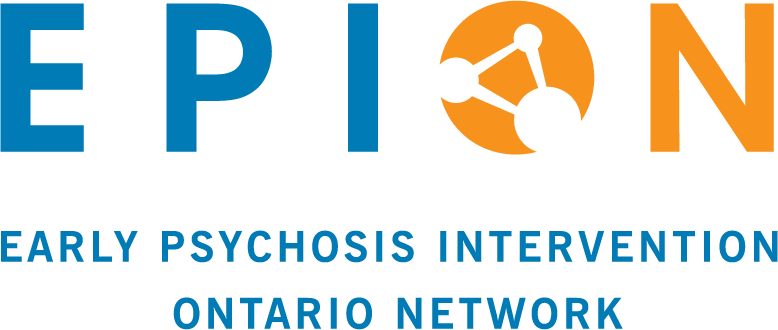Caring for and supporting someone with a mental health issue can challenge a person’s typical ways of coping, parenting and relating to others. Not only is it important for families to learn about what their loved one’s are experiencing, but it can be very helpful for them to learn about different ways to support and communciate, as well as how to care for oneself on the journey of recovery. The following are resources to help the caregiver with strategies for supporting and caring for oneself.
Supporting a family member with schizophrenia – practical strategies for daily living
Sean Kidd, PhD, Dawn I. Velligan, PhD, and Natalile J. Maples, MA. Foreword by Kim Mueser, PhD
Centre for Addiction and Mental Health, 2017
Excerpt:
Sections of this manual may be freely reproduced and distributed. However, no part of this work may be reproduced or transmitted for commercial purposes or reprinted in another publication, without permission from the publisher—except for a brief quotation (not to exceed 200 words): this restriction applies to any form or by any means electronic or mechanical, or by any information storage and retrieval system.
Supporting a Family Member with Schizophrenia is clearly written and organized, and free of technical jargon. The guide begins by providing families with basic information about schizophrenia, then discusses the nature of cognitive challenges that contribute to problems in daily living, and provides examples of environmental supports that compensate for those challenges. Families are then guided through the various stages of working with their relative—from collaborating in developing a customized CAT plan to address his or her living needs, to getting started on the plan, to then selecting specific cognitive-adaptive strategies. Suggested environmental supports are grouped into two sections: Section 5 provides Basic Strategies for Everyday Living (bathing, dressing, dental hygiene, makeup, toileting, eating and cooking, laundry, medication) and Section 6 includes Strategies That Go beyond the Basics (groceries, transportation, money management, social skills, leisure activities, work). Supports for each activity are organized into helpful, easy-to-follow topics, supplemented by pictures and charts, and include supplies, tips for implementing the strategies, and suggestions for celebrating successes. When warranted, supports are also tailored to people who have trouble getting started on tasks, and people who have difficulty staying organized. The guidelines are comprehensive, well organized, and presented in a format that facilitates learning and implementation of the different strategies.
Mental Health Caregiver Guide: A guide for caregivers of persons living with mental illness or experiencing mental health challenges.
Ottawa Public Health; Canadian Mental Health Association; Canadian Public Health Association; Mental Illness Caregivers Association; Military Family Services.
Ottawa Public Health; 2016.
This guide offers practical strategies for caregivers to develop their own toolbox for coping while supporting someone with a mental illness. It also contains specific things to consider when supporting people of different age groups, including youth.
Promoting Recovery from First Episode Psychosis: A guide for families
Sabrina Baker and Lisa Martens
Centre for Addiction and Mental Health, 2009
Available for purchase in English and French.
Link:
https://store-camh.myshopify.com/products/pm091-pm092
From CAMH website:
Family members can play a significant role in helping to identify early signs of psychosis, in seeking prompt and appropriate treatment for their relative, and in promoting the recovery process. Promoting Recovery from First Episode Psychosis is based on research, practice guidelines and the authors’ own experience working with clients and their families in the First Episode Division at CAMH.
The guide is divided into two parts:
Part I is designed to help families support their relative’s recovery. It includes information about treatment of psychosis, crisis intervention, and working with mental health professionals.
Part II focuses on the family’s journey to recovery. It describes specialized services for families, self-care strategies, and communication and limit-setting tips
I am not sick I don’t need help: How to help someone with mental illness accept treatment. 10th anniversary edition
Xavier Amador
Vida Press, 2011
EPION Parent Review:
This is a great “easy read” book that was suggested to me very early in our family’s journey, by the first mental health care worker we were able to talk to about our loved one. It is full of kindness and optimism, and outlines in plain terms the lack of insight so many of our loved one’s experience. It was written by world renowned psychologist, Dr. Xzavier Amador, and provides practical suggestions for really hearing, and communicating with, our loved ones effected by mental illness. It is very helpful for those getting “stuck” in the same combative conversations. It gives great insight into the perspective of those living with mental illness.
